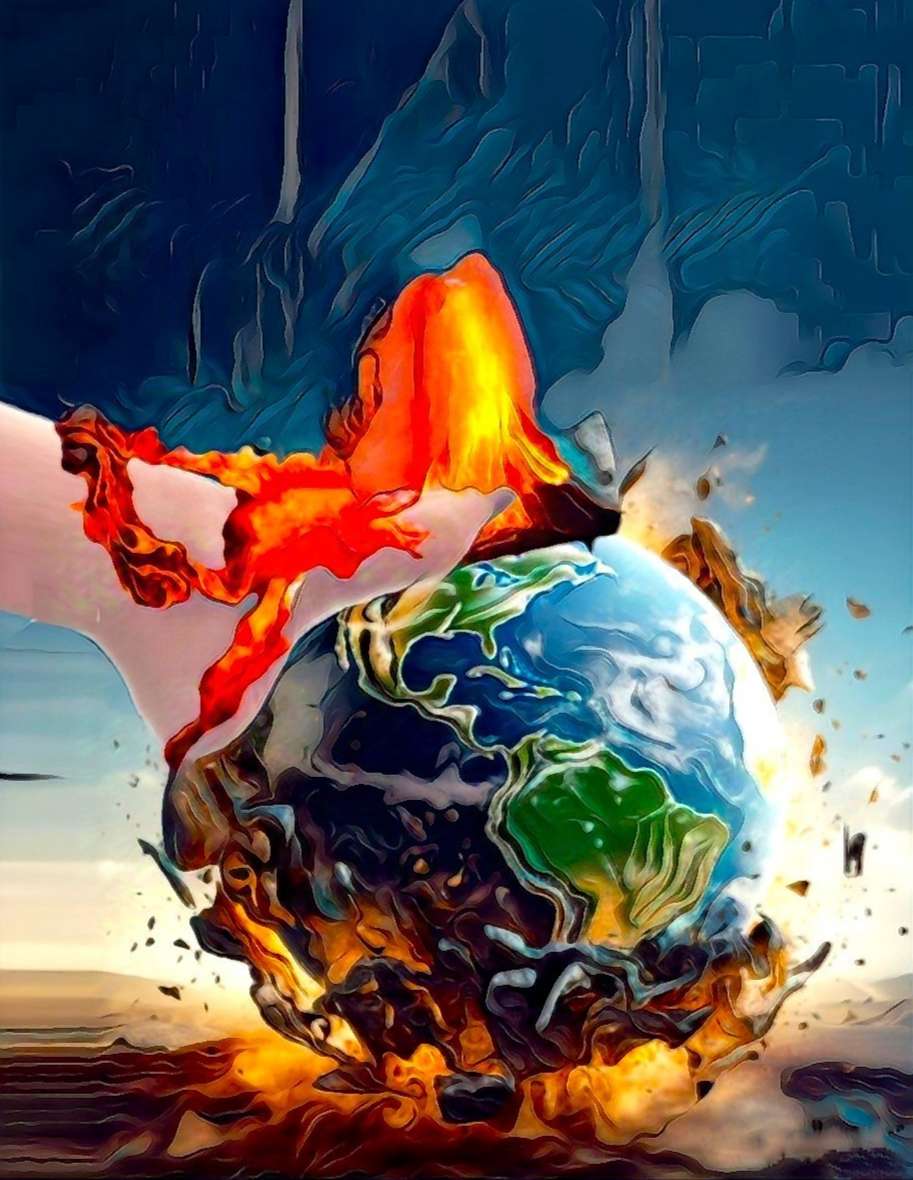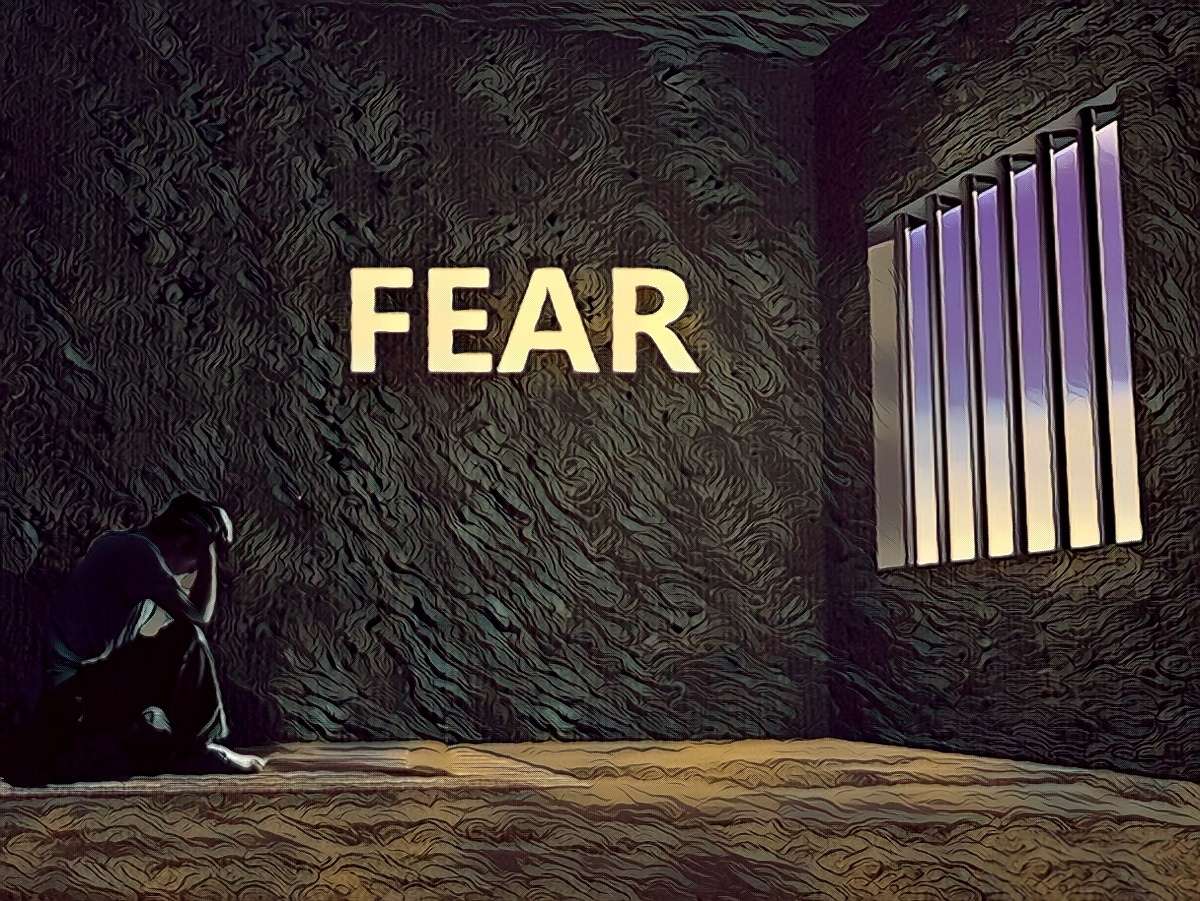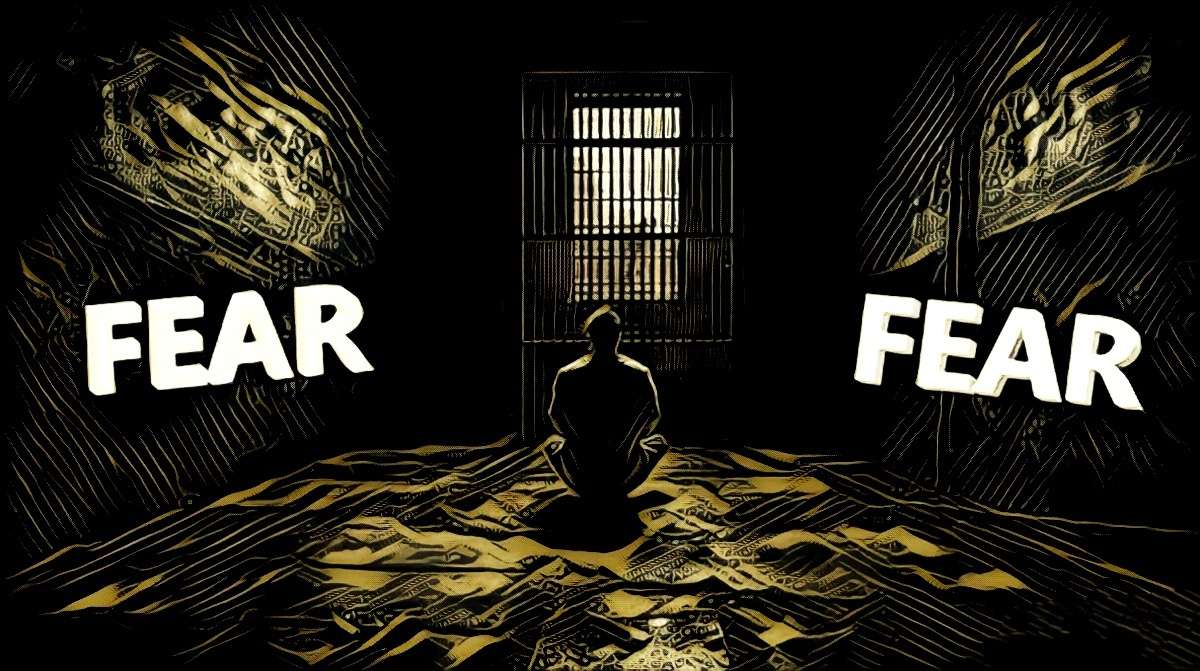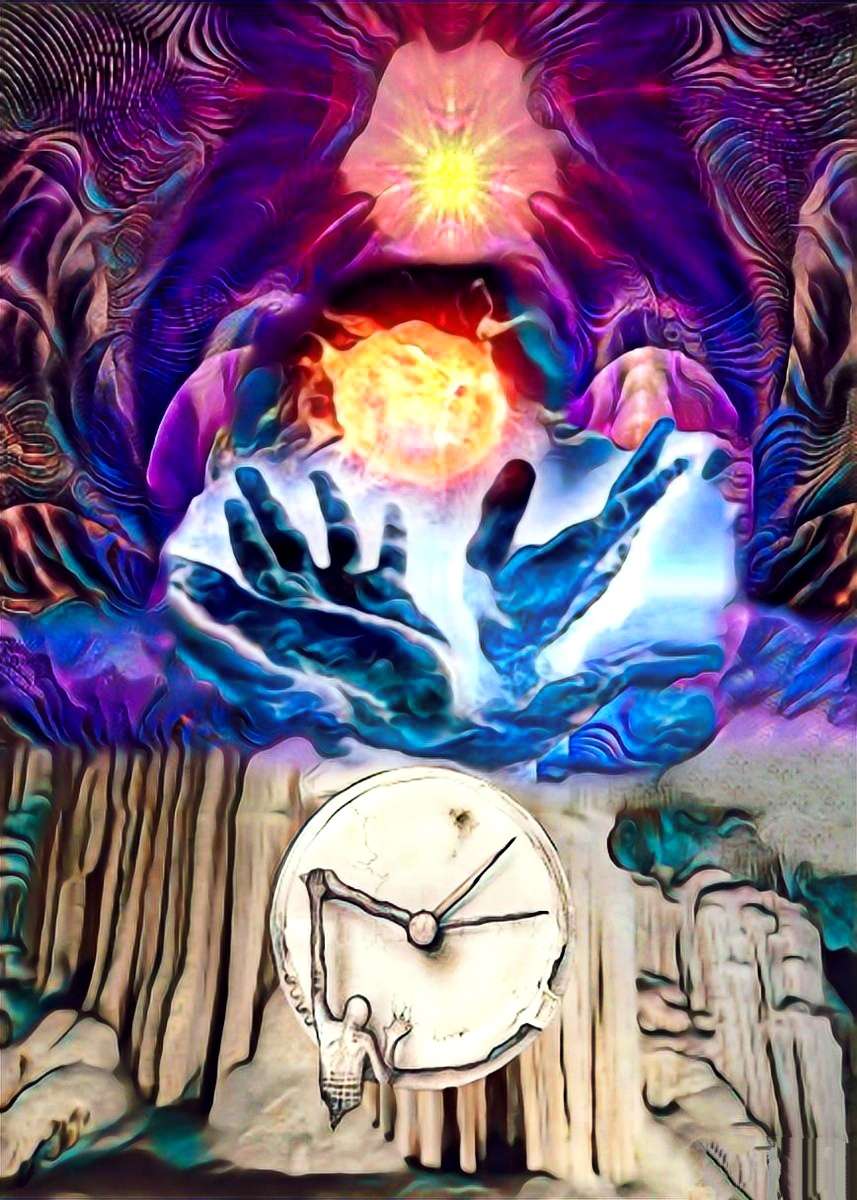
The Earth, once a pristine and vibrant planet, is now under siege. Human activities, driven by unchecked industrialization, consumerism, and population growth, have inflicted irreparable damage to our planet’s ecosystems. The consequences of our actions are far-reaching, threatening the survival of countless species and jeopardizing the future of humanity itself.
Anthropogenic Climate Change: A Global Crisis
One of the most pressing environmental challenges of our time is climate change. The excessive burning of fossil fuels has released vast quantities of greenhouse gases into the atmosphere, trapping heat and causing global temperatures to rise. This warming has led to a cascade of adverse effects, including melting glaciers, rising sea levels, more extreme weather events, and disruptions to agricultural and ecological systems.
Deforestation: A Loss of Lungs
Forests, often referred to as the “lungs of the planet,” play a crucial role in regulating the climate, absorbing carbon dioxide and releasing oxygen. However, deforestation, driven by agriculture, logging, and urbanization, is destroying these vital ecosystems at an alarming rate. The loss of forests not only contributes to climate change but also leads to soil erosion, biodiversity loss, and the disruption of water cycles.
Pollution: A Toxic Legacy
Pollution, in its various forms, is another major threat to our planet. Air pollution, caused by vehicle emissions, industrial processes, and the burning of fossil fuels, has severe health consequences, including respiratory diseases and premature death. Water pollution, resulting from industrial waste, agricultural runoff, and plastic waste, contaminates our water sources, harming aquatic life and posing risks to human health. Soil pollution, caused by pesticides, heavy metals, and industrial waste, degrades agricultural land and can contaminate food supplies.
Biodiversity Loss: A Silent Crisis
The loss of biodiversity, or the variety of life on Earth, is a silent crisis with far-reaching implications. Human activities, such as habitat destruction, overexploitation, pollution, and climate change, are driving species extinction at an unprecedented rate. The loss of biodiversity not only diminishes the beauty and complexity of our planet but also has significant consequences for ecosystem stability, food security, and human health.
The Road Ahead: A Call for Action
The destruction of our planet and its ecosystems is a complex issue with no easy solutions. However, it is imperative that we take immediate and decisive action to mitigate the damage and ensure a sustainable future for generations to come. This requires a global commitment to reducing greenhouse gas emissions, protecting forests, promoting sustainable practices, and investing in renewable energy.
Beyond the Obvious: The Ripple Effects of Environmental Destruction
While the direct consequences of environmental destruction are often apparent, the ripple effects can be far-reaching and devastating. For example, climate change is leading to more frequent and severe droughts, affecting agriculture and water supplies. Deforestation is causing soil erosion, leading to landslides and flooding. Pollution is contaminating food chains, posing risks to human health.
The Role of Individuals and Communities
While governments and corporations have a significant role to play in addressing environmental challenges, individuals and communities can also make a difference. By adopting sustainable practices, reducing waste, conserving energy, and supporting environmentally friendly initiatives like having one less child, we can contribute to a healthier planet for future generations.
A Global Call to Action
The destruction of our planet is a global crisis that requires a global response. We must work together to find innovative solutions, promote international cooperation, and ensure that environmental protection is a top priority for governments and businesses.
The Future of Our Planet
The future of our planet is uncertain, but it is not inevitable. By taking immediate and decisive action, we can mitigate the damage caused by human activities and create a more sustainable and equitable world for all. The time for inaction is over. The future of our planet depends on it.






